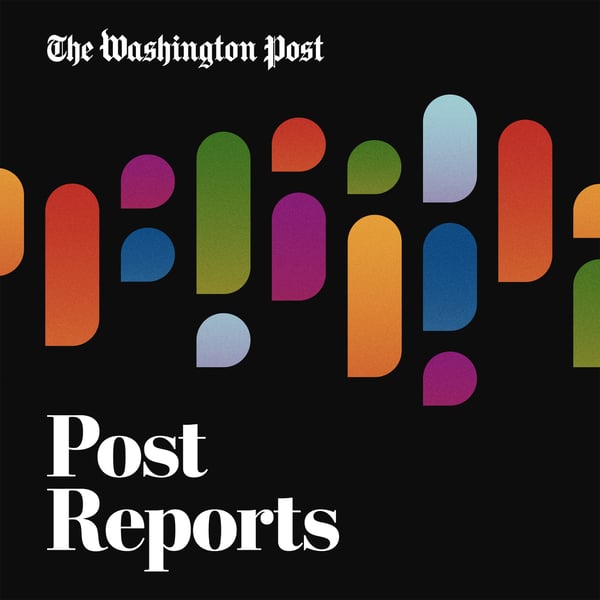The science of pandemic grief
Post Reports
The Washington Post
4.4 • 5.1K Ratings
🗓️ 9 March 2023
⏱️ 24 minutes
🧾️ Download transcript
Summary
Today on Post Reports, as we near the three-year mark of the pandemic, health reporter Lena Sun digs into the science of grief and what she learned through her own loss. Her mother was one of more than 1 million Americans who died of covid.
Read more:
This week, we’re marking three years since the World Health Organization officially declared COVID-19 was a pandemic. Since March of 2020, more than a million people have died in the United States alone and we’ve lost more than 6 million people worldwide to covid.
We’ve turned to health reporter Lena Sun often over the last few years for advice on masking and social distancing, to explain how the virus spreads and how vaccines work, and for accountability reporting on the way politics and policies have interfered with science. But while she was one of the lead reporters covering the pandemic, Lena was also coping with her own loss. She lost her mother to covid in April of 2020, a famed writer on the Chinese immigrant experience, and then her sister died last year of pancreatic cancer.
Today on the show, Lena shares what she’s learned about the science of grief - and how we can all process so much tragedy from the last three years.
Transcript
Click on a timestamp to play from that location
| 0:00.0 | My name is Lena Sun. I'm a health reporter on the national staff of the Washington Post. |
| 0:08.6 | I have been covering the pandemic since January 8th of 2020. |
| 0:13.1 | You know, as this health and science reporter at the post, you've been one of the main people |
| 0:18.2 | whose lead coverage of the pandemic. What has that been like for you? I was thinking about |
| 0:25.2 | that as we approached this third anniversary and has gone by in such a blur in some ways, |
| 0:33.5 | but the early moments of the pandemic really, really stuck in my mind when we realized how |
| 0:41.8 | bad this was going to be. |
| 0:48.1 | In the three years that followed, we've depended on Lena Sun for her essential reporting on |
| 0:53.4 | the pandemic to find out how the coronavirus spreads, how social distancing and masking |
| 0:58.8 | can keep us safe, how vaccines work, and how the politics and policies of the last few |
| 1:04.0 | years have gotten in the way of science. |
| 1:06.7 | I just remember very clearly that in March, there was so much, March of 2020, so much confusion |
| 1:15.1 | about the masking policy. And I remember very carefully reporting about internal memos |
| 1:22.4 | that the CDC had sent to the White House saying, you know what, guys, we need to change |
| 1:27.5 | the masking policy. But this was the Trump White House and they sat on that and it took |
| 1:35.3 | them several days before they actually came out and said, okay, you know what, we are |
| 1:40.0 | going to recommend masks, but Trump immediately undercut that message by saying he would not |
| 1:45.2 | wear one. |
| 1:46.6 | And so Lena was in the thick of this reporting on all this chaos, but she was also living |
| 1:52.1 | through it herself and experiencing firsthand how COVID was upending our world and our families. |
| 1:59.1 | Around the same time, my mother got sick. My mother died on April 30th of 2020. Her caregivers |
| 2:11.7 | were taking care of her, but it was so confusing. No one really knew and the retirement complex |
... |
Please login to see the full transcript.
Disclaimer: The podcast and artwork embedded on this page are from The Washington Post, and are the property of its owner and not affiliated with or endorsed by Tapesearch.
Generated transcripts are the property of The Washington Post and are distributed freely under the Fair Use doctrine. Transcripts generated by Tapesearch are not guaranteed to be accurate.
Copyright © Tapesearch 2025.

